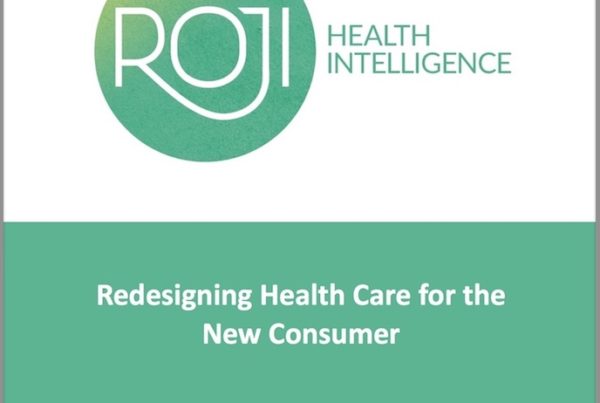
November 15, 2017
Choose the Right Strategies and Technology to Improve Cost Performance in Health Care
Fee for Service (FFS) reimbursement is going the way of the dinosaurs, but many providers are ignoring the signals. Here are two clear indicators: Medicare’s adoption of episodic cost models and the planned movement to financial risk models for both Medicare and Medicaid. Indeed, most Medicaid plans have now transitioned the majority of beneficiaries into managed care plans. Private health plans, many of which were burned by capitated HMO plans in years past, are aligning with providers to develop ACOs and moving again toward risk. Recent health care mergers and acquisitions evidence a blurring of lines between health plans and…
Read More














